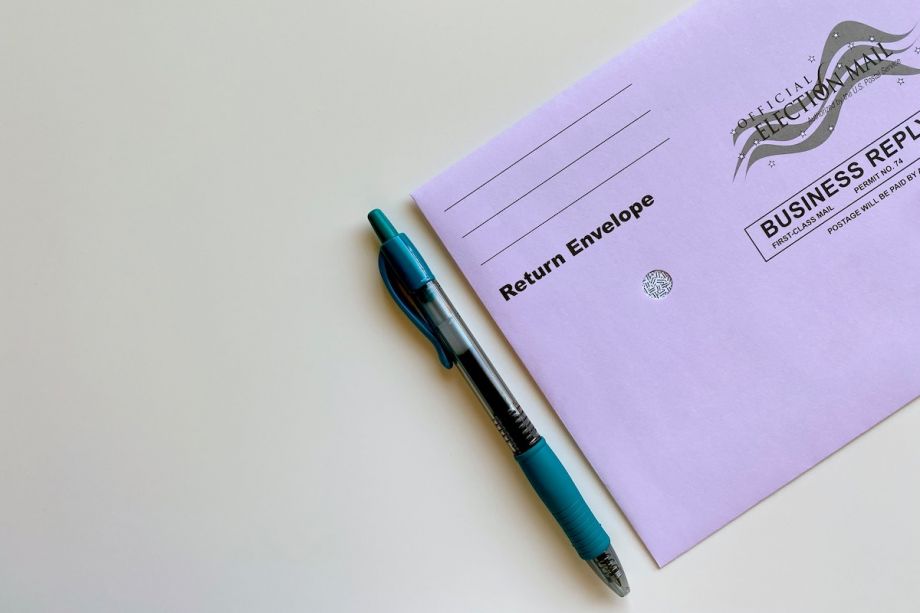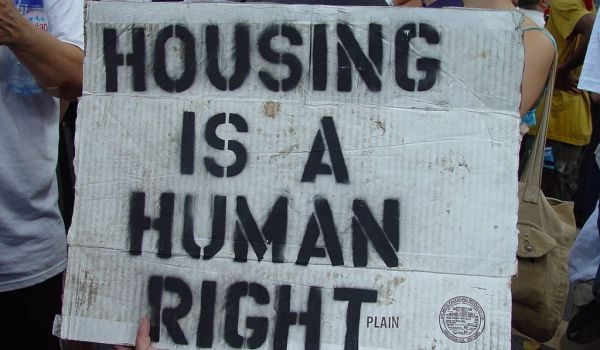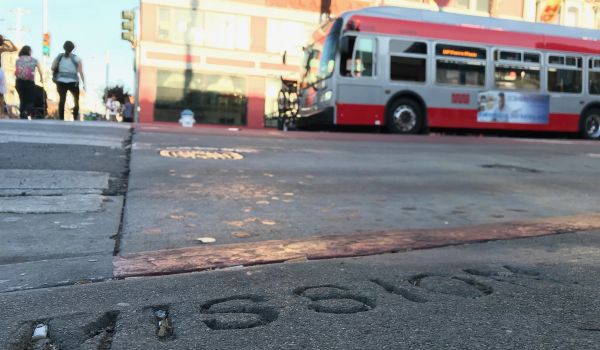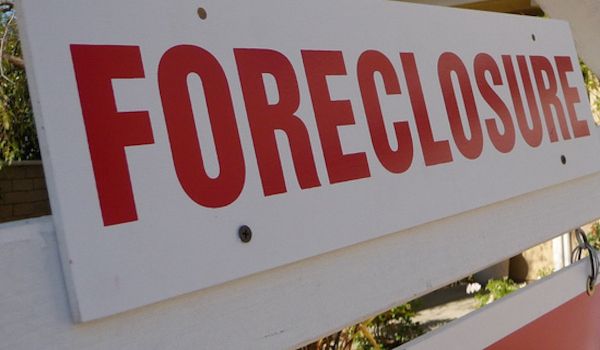Welcome back to The Weekly Wrap! This week, many of stories we’re highlighting are the result of elections that took place across the country on Tuesday.
Also, ICYMI: We’re currently running our end-of-year fundraising campaign and aiming to raise $20,000 to fund our work in celebration of 20 years of Next City. And we have a few matching opportunities, so your donations will go even further. Help us continue our work by donating today!
Seattle Increases Tax on Property Values for Affordable Housing Help
Voters in Seattle approved an affordable housing tax that will bring in $970 million over seven years, the Seattle Times reports. The tax will be paid by property owners, at 45 cents for every $1,000 of a property’s assessed value. It expands a similar tax that expires this year, bringing in three times as much money. Funds will go to affordable housing construction, rental assistance, renovations and more. While the tax will help construct 3,200 units of affordable housing, experts say the city needs 3,500 new units each year that are affordable to low and moderate income residents to meet the current demand, according to the Seattle Times. And that’s for the next two decades, according to the Times.
Right-Wing School Board Members Lose Elections Across the Country
Democrats swept the Central Bucks County school board elections on Tuesday, according to the Philadelphia Inquirer, after years in which the board was overtaken by right wing board members who issued book bans and banned pride flags. Democrats and Republicans spent more than $600,000 on the school board election, according to an Inquirer analysis, with $279,000 in spending coming from one wealthy venture capitalist whose wife was running for a seat. All five Republican school board nominees were unofficially endorsed by the right-wing group “Moms for Liberty,” though some nominees chose to distance themselves from the extremist group. Across the country, The Daily Beast reports that school board candidates endorsed by “Moms for Liberty” lost many of their elections, including in Virginia, Alaska, Minnesota and New York.
Medical Debt Is Disappearing From Credit Reports After Pushback
Small amounts of medical debt are being removed from consumers’ credit reports resulting in higher credit scores, a new report from Urban Institute shows. In response to pressure from advocates and regulators, the largest credit reporting bureaus stopped reporting debts less than a year old in July 2022. The bureaus also stopped including medical debt under $500 on credit reports after April 2023. Most of the debt in collections that shows up on credit reports for the last decade has been medical debt, according to the Consumer Financial Protection Bureau. The changes come as regulators are trying to go even further: a law to completely remove medical debt from credit reporting passed in Colorado this year, and a similar law is on the governor’s desk in New York. The CFPB is gathering input on a rule that would mandate removal of medical debt from credit reports across the country.
Maine Rejects Public Power Ballot Proposal
In Maine, voters rejected an opportunity to get rid of for-profit power companies and replace them with a state utility governed by a board, Grist reports. The effort would have been the first mandatory, statewide public power company in the country; the power companies outspent the nonprofit responsible for putting the question on the ballot 34 to 1.
And in Louisiana, Governor-elect Jeff Landry is a strong opponent of clean energy laws who called climate change a “hoax,” according to Grist. As state attorney general, Landry fought the Biden administration over oil leases and the cancellation of the Keystone XL pipeline. Landry, a Republican, will replace term-limited Governor John Bel Edwards, who was an advocate of climate initiatives.
East Coast Transit Gets $16.4 Billion Investment
Amtrak and the Federal Railroad Administration will invest $16.4 billion for transportation projects on the East Coast, the agencies announced Monday. According to Streetsblog, those projects include $3.8 billion for a new tunnel under the Hudson River between New Jersey and Penn Station, $1.6 billion to replace four bridges on an Amtrak line in Connecticut, $210 million for an upgrade to train lines between New York and New Haven and $4 million to study line improvements between Connecticut and Rhode Island. Bridges will also be replaced in Maryland and the agencies will pay for a $1.2 billion rehabilitation of the East River Tunnel. All the grants are funded through the Biden administration’s 2021 infrastructure law.
Curated by Deonna Anderson
MORE NEWS & RESOURCES
-
Here are some other wins from this week’s elections. The 19th, Vox, Semafor
-
The Atlanta Wealth Building Initiative recently released its report “Building a Beloved Economy: A Baseline and Framework for Building Black Wealth in Atlanta.” It finds that depsite record economic growth in the city, racial and economic inequities have persisted. It also offers recommendations for what to do next. Download and read the report here.
-
Waste heat from over 5,000 underground parking lots in Berlin could meet the demand of of 14,660 average German households, scientists found. Anthropocene
EVENTS
-
The Urban Institute and the National Community Stabilization Trust are hosting a symposium about the evolving housing crisis, the challenges it creates for households and solutions for change. Tuesday, November 14 at 9:30 a.m. to 4 p.m. Eastern. In person and virtual attendance available. Learn more and register here!
-
Othering & Belonging Institute is hosting a conversation about climate displacement and the concept and organizing principle “Right to Stay.” Wednesday, November 15 at 2 p.m. Eastern. Learn more and register here.
-
Plus, check out other events from Next City and our partners!
This article is part of The Weekly Wrap, a newsletter rounding up stories that explain the problems oppressing people in cities and elevate the solutions bringing us closer to economic, environmental and social justice. Click here to subscribe to The Weekly Wrap newsletter.

Roshan Abraham is Next City's housing correspondent and a former Equitable Cities fellow. He is based in Queens. Follow him on Twitter at @roshantone.




_920_614_600_350_80_s_c1.jpg)
_600_350_80_s_c1.jpg)

_600_350_80_s_c1.JPG)










